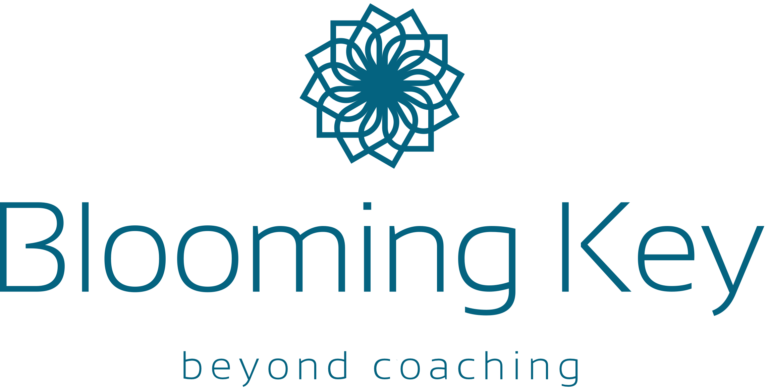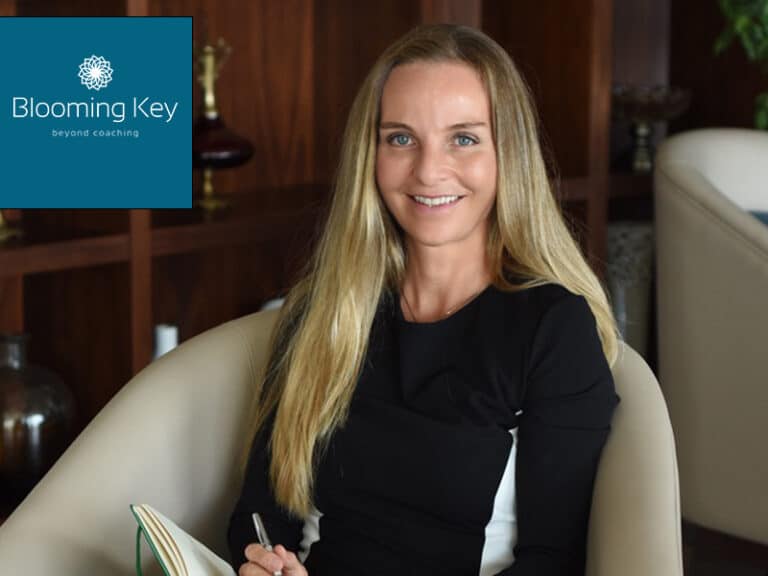You’re probably needing to set boundaries in relationships if you’ve ever felt like you need space and time apart from someone even though you are close emotionally.
Firstly, let us get one thing right. Setting boundaries is not like cutting off contact or distancing yourself from a person. It simply means that there will be limits that are not to be crossed.
When boundaries in relationships are set, there is a sort of imaginary line distinguishing one person’s thoughts, behaviour, and feelings from another. Each relationship has its own set of boundaries established. And it is important to understand that having boundaries is healthy.
So what are some valuable points for setting boundaries in a relationship?
A key point is that you should seek to make changes in yourself, and not try to change the other person. Trying to change someone else’s behaviour is not the correct way to set boundaries. You need to adjust your behaviour with others.
Communication is the key
How can you bridge the gap between two people? The answer lies with communication. Speaking to the other person is crucial to set boundaries. Talk about your emotions and what makes you comfortable. Communication offers a chance to explain why you have a certain boundary and it opens up topics for discussion.
Be honest
What they say about honesty is true, it is the best policy, especially when it comes to boundary building. Be honest about what you are comfortable with and what you expect.
Enforcing established boundaries
There will be times when a person crosses a set boundary. In such situations, it is important to emphasise that there are consequences, but this should be done compassionately. Doing so ensures that both parties understand and respect these boundaries.
They make life better
Whether it’s work or personal life, building boundaries in relationships helps make everything easier and better. You will find yourself with more personal time and feel less exhausted.
Setting boundaries is similar to having rules letting others know where you stand. It also results in others having a greater acceptance and understanding of you. Finally, being compassionate is the key ingredient to setting boundaries that stick so that everyone feels understood.






